Greater Manchester or Greater Controversy? Bolton University’s Battle for Rebranding

In this article Neil discusses why Bolton University, facing opposition from local rivals, seeks to rebrand as the “University of Greater Manchester” to improve recognition, however, enhancing employability through platforms like Kloodle could prove a better solution.
“Is there a university in Bolton?”
This disparaging question gets asked quite a lot, according to Professor George Holmes, Vice Chancellor of Bolton University. Yet, since emerging out of the Bolton Institute over 30 years ago, this Lancastrian educational establishment has evolved significantly, with campuses now in Manchester and Salford. Despite these developments, Bolton University continues to struggle with brand recognition, both domestically and internationally. Consequently, the university is attempting to rebrand itself as the ‘University of Greater Manchester’, a move aimed at enhancing its appeal and competitiveness, as the new title would better reflect its presence and influence across the Greater Manchester region and and the fact that the majority of its students hail from across that area.
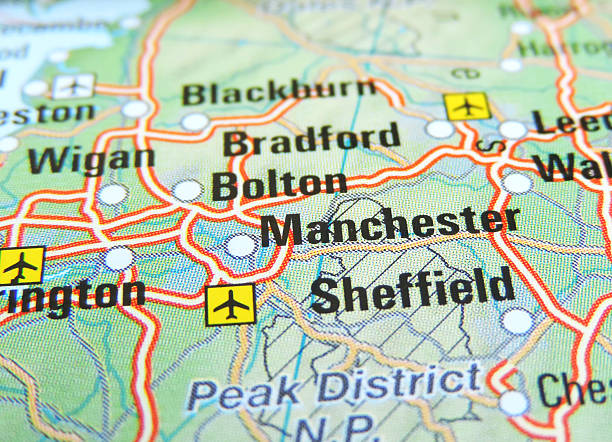
However, Bolton’s rebranding move has met with significant opposition from noisy neighbouring institutions, namely, the University of Manchester, Manchester Metropolitan University, and the University of Salford, who argue that the name change could cause confusion among prospective students and the public. Bolton has fought back by accusing these unis of forming a not-very-neighbourly “cartel” to block the name change, leading to Bolton being embroiled in a litigious battle with 100 challenges having been filed against their use of Greater Manchester trademarks. This reflects the intense rivalry, high stakes and, of course, the money involved in this dispute.
Student Numbers and Financials at a Glance
The student populations and incomes of the four universities in the Manchester region reflect their differing scales and resources:
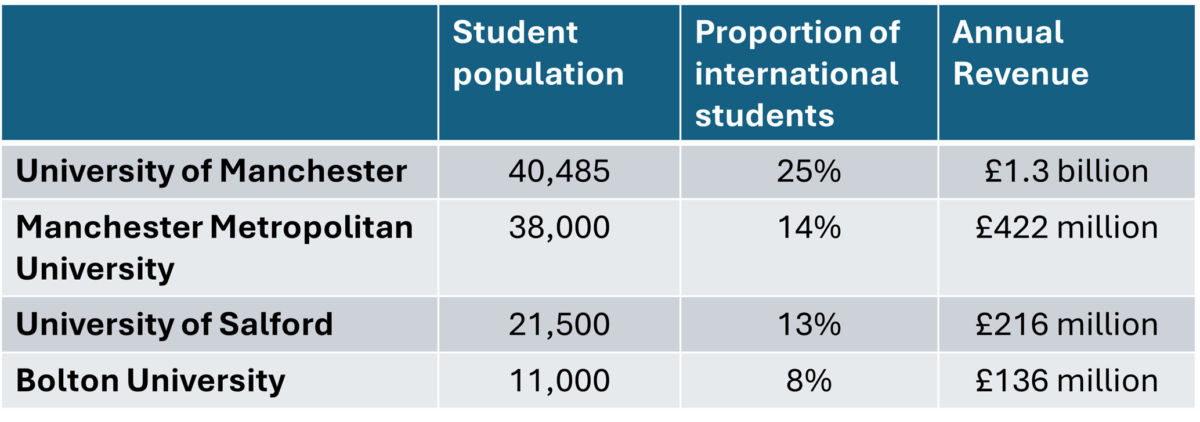
A quick analysis of these figures determines that Bolton lags significantly behind its ‘competitors’ in terms of both student numbers and financial resources, underscoring the huge challenge it faces in improving its standing and appeal.
Timing and Financial Strain
The timing of this dispute is uncanny as it coincides with a well-publicised and long-overdue period of financial difficulty for many UK universities. The latest Office for Students report states that 40% of England’s universities are expected to run budget deficits this year and an increasing number of universities face “a material risk of closure” unless they dramatically cut costs or merge over the next few years. Budgets are strained due to several factors, including a saturated, stagnant domestic student market allied to the rigidly enforced capping of tuition fees, which have not increased despite soaring inflation. These ailments have been further intensified by the financial pressures caused by the COVID-19 pandemic and ongoing economic uncertainties. As a result, domestic revenue is static whilst costs escalate, meaning that, in order to survive, universities are increasingly dependent on attracting lucrative international students, who can be charged higher fees. The competition for students’ bums on seats from overseas has thus become fierce, and, as the table above illustrates, Bolton lags behind Manchester University and the others.
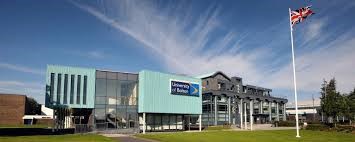
Against that backdrop, it’s no surprise that institutions like Bolton are seeking to enhance their appeal through rebranding.
University League Tables and Reputations
One of the biggest issues for Bolton University is that it suffers from a weak reputation. Professor Holmes believes that historic prejudice is at play just because Bolton isn’t a traditional institution, saying that people think: ‘Oxford and Cambridge good, Bedford and Bolton bad’.
This is not really backed up by the rankings in the, admittedly inconsistent and confusing, swamp of national league tables. Bolton ranks highly in areas such as ‘student satisfaction’, ‘teaching quality’, and specific course offerings, such as health and engineering, and is ranked 30th among UK universities in the Guardian rankings, making it the highest-ranked “post-92” institution in the country. However, in other tables its position is more modest. For example, The Times University Guide 2024 places Bolton at 106th out of 130. A mixed bag, but generally Bolton ranks lower than its local competitors.
The University of Manchester, in contrast, is consistently ranked among the top universities globally, with a superb reputation for its research output and graduate employability. Bolton’s lower position in these rankings highlights the difficulties it faces in attracting high-calibre students and staff, further justifying its push for a name change to improve its marketability.
Why Do They Really Want to Change the Name?
This reputation for being less prestigious and less well-resourced affects employment destinations of Bolton’s students. Compared to their neighbours, Bolton’s graduates often face greater challenges in the job market, partially attributed to the university’s lesser-known brand. Professor Holmes goes on to state that the Bolton name does not resonate well, which, he genuinely believes, “affects our graduate outcomes”. Although the ‘employability rates’ of Bolton graduates is comparable to the neighbouring universities, Bolton students tend to be overlooked by the high quality, prestigious employers like the big four accountancy firms. Rebranding to the ‘University of Greater Manchester’ could enhance recognition and improve these outcomes.
No One Has Heard of Bolton. Not overseas at any rate, and that’s where it matters….from a business perspective.
The primary motivation behind the proposed name change is the belief that incorporating ‘Manchester’ into the university’s title would attract more international students. The epithet ‘Greater’ would make it sound even grander, especially to the non-cognoscenti! Manchester is a globally recognised city, renowned for its educational institutions, cultural heritage, and economic opportunities. Let’s face it, City, United, Corry and Oasis carry more cache than Peter Kay and Sam Allardyce.
Professor Holmes is now considering whether to escalate the dispute to the Competition and Markets Authority, alleging anti-competitive behaviour by the other universities, contending that the resistance from these institutions is an attempt to stifle Bolton’s growth and innovation.
High stakes….and costs.
There Is Another Way: Enhancing Graduate Outcomes through Value-Added Services
In light of the challenges facing them, universities like Bolton need to enhance the value they offer to students in terms of improving employability, recent surveys indicate that employers are prioritising students’ skills over academic credentials. Integrating employability and, particularly, skills-building into the curriculum is therefore essential.
One effective solution is the use of the digital platform Kloodle, which helps students document and showcase their skills to potential employers. By adopting this approach, Bolton could offer a robust framework for students to demonstrate their achievements in acquiring practical skills, engage with potential employers about that, and improve their career prospects. This change of educational process would ensure that Bolton graduates would be better prepared and more attractive for the jobs market and Bolton University would possess a competitive edge through the demonstrable skills and preparedness of its students, rather than relying solely on a name change to boost the university’s marketability.
By Neil Wolstenholme, Chairman of Kloodle





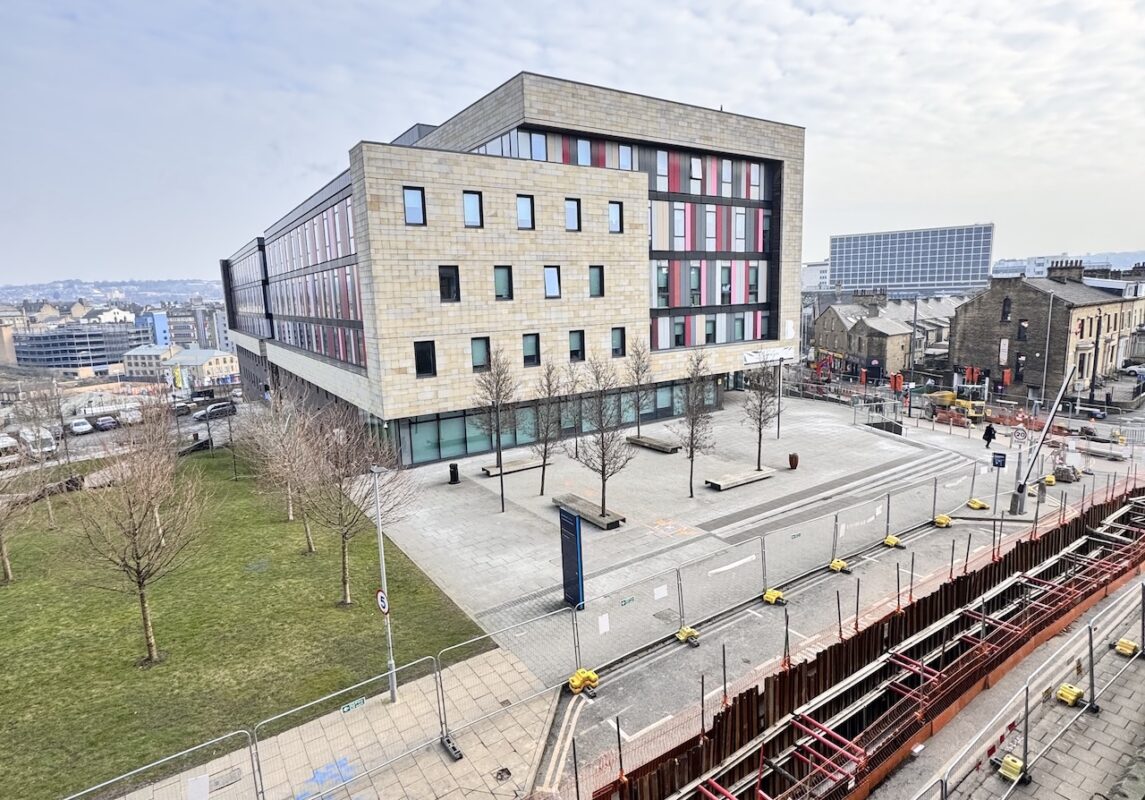


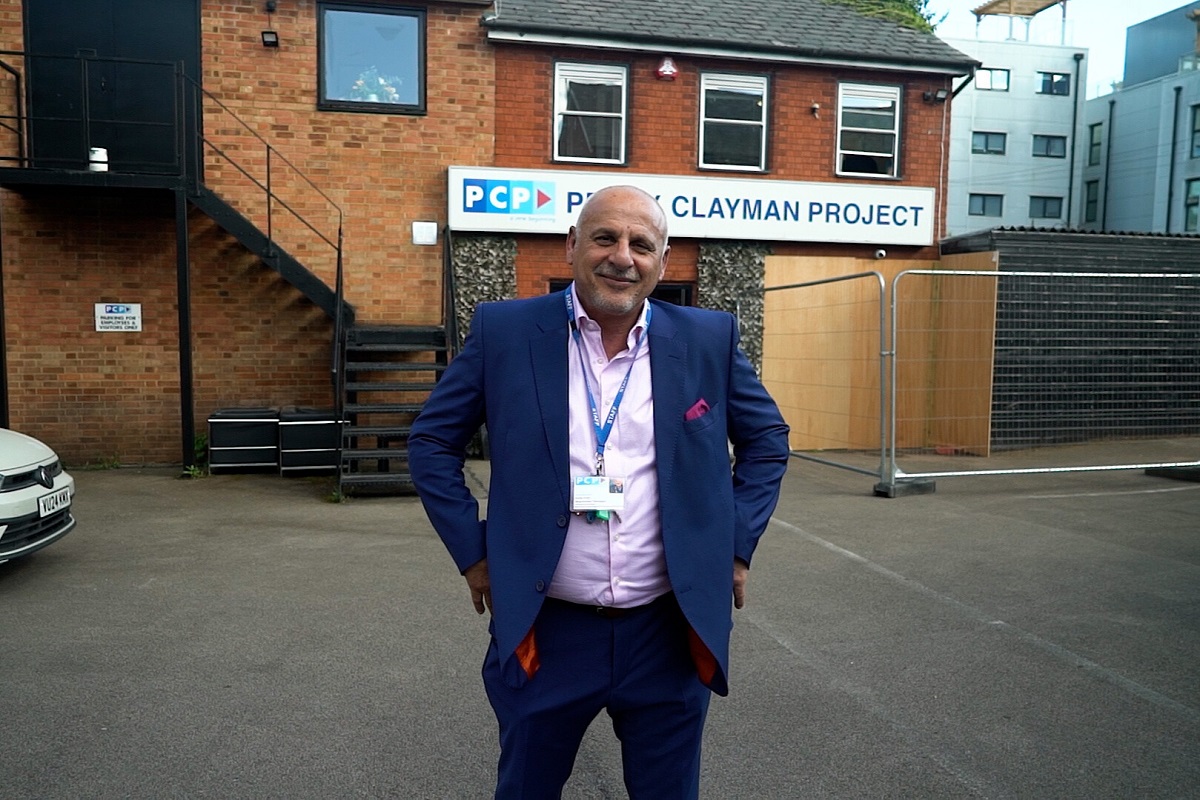



Responses